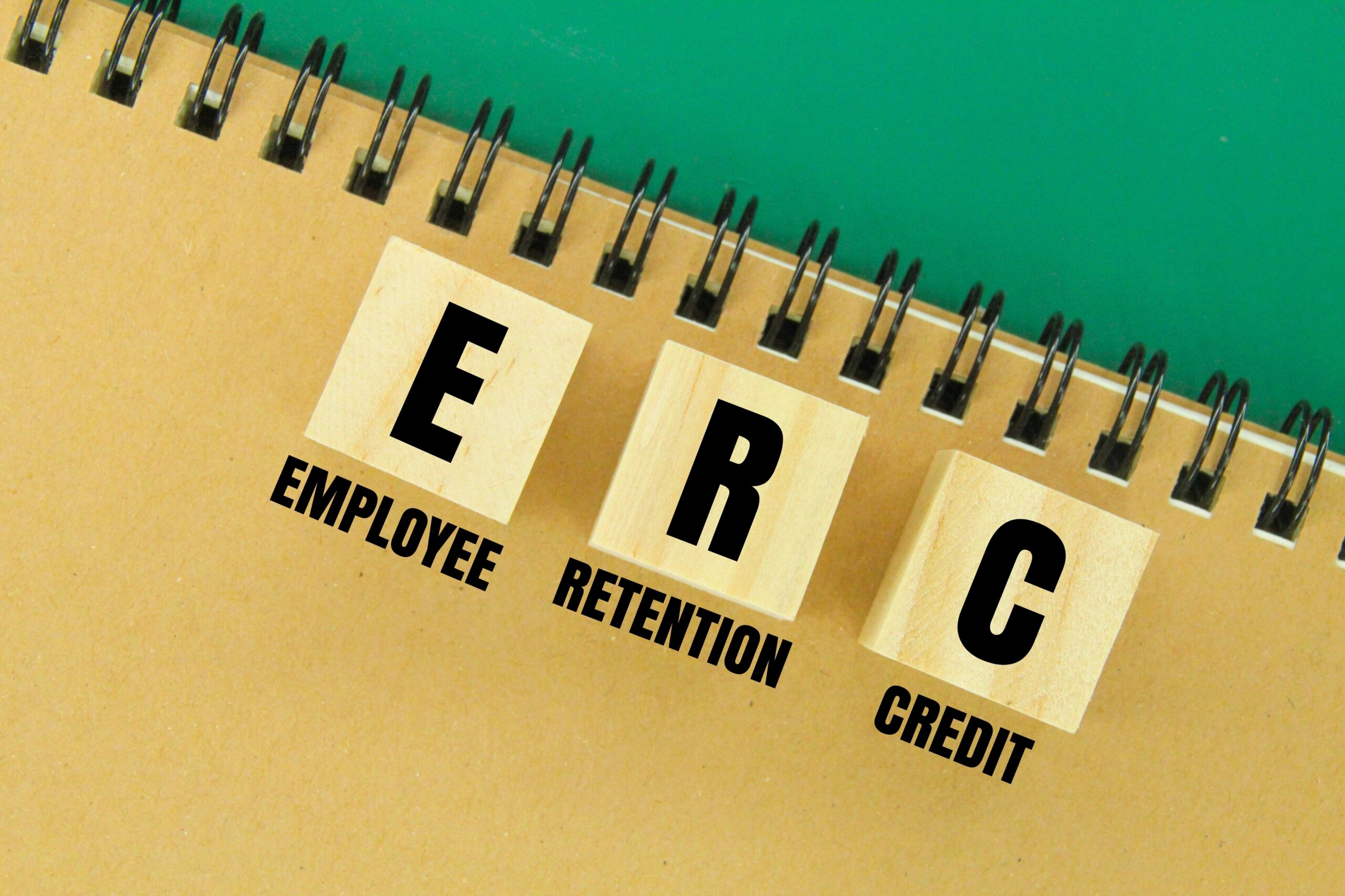On 7/15/24, the IRS announced via Notice IR-2024-212 the re-opening of the ERC (Employee Retention Credit) Voluntary Disclosure Program which will end on 11/22/24. The first ERC Voluntary Disclosure Program ended in March 2024 with more than 2,600 applications from ERC recipients that disclosed $1.09 billion worth of credits. In order to fix incorrect ERC claims, the IRS moves ahead with its compliance work and plans to mail 30,000 new letters to reverse or recapture potentially more than $1 billion in improper ERC claims. In addition, the IRS states that thousands more mailings on additional questionable payments will be made in the fall. Of note, the re-opened ERC Voluntary Disclosure Program that ends on 11/22/24 offers a 15% discount for businesses repaying credits for tax periods in 2021, a reduced rate from the first program’s 20% discount that ended in March 2024. The IRS “urged businesses with claims that show warning sign indicators to review eligibility requirements and talk to a trusted tax professional to see if the disclosure program is a good option for them.”
“The limited reopening of the Voluntary Disclosure Program provides an opportunity for those with improper claims to come in ahead of IRS compliance work and get a discount on repayments,” said IRS Commissioner Danny Werfel. “This is especially important given increasing IRS compliance actions involving bad claims. Many of them are the result of aggressive marketing tactics to lure unsuspecting businesses into claiming the complex credit. This provides a final window of opportunity for those misled businesses to make adjustments and avoid future compliance action by the IRS.”
Employee Retention Credit is part of the IRS Dirty Dozen
On 3/29/24, the IRS continued the release of the Dirty Dozen scams for 2024 with a warning to businesses and others to stay clear from promoters and marketers that stir ineligible business to submit incorrect Employee Retention Credit claims. The IRS warning clearly states that business owners should contact a trusted professional advisor to “avoid potential IRS compliance in the future.”
The IRS previously shared signs of an incorrect ERC claim and announced Five newly signs of an incorrect ERC claim in the ERC Voluntary Disclosure Program Re-Opening
Initial common red flags IRS saw on claims:
- Too many quarters being claimed.
- Government orders that don’t qualify.
- Too many employees and wrong calculations.
- Business citing supply chain issues.
- Business claiming the ERC for too much of a tax period.
- Business didn’t pay wages or didn’t exist during eligibility period.
- Promoter says there’s nothing to lose.
The five new red flags cover these areas:
- Essential businesses during the pandemic that could fully operate and didn’t have a decline in gross receipts.
- Business unable to support how a government order fully or partially suspended business operations.
- Business reporting family members’ wages as qualified wages.
- Business using wages already used for Paycheck Protection Program loan forgiveness.
- Large employers claiming wages for employees who provided services.
Businesses that are out of compliance ought to take advantage of the short-term reopening of the ERC Voluntary Disclosure Program
The IRS continues to analyze ERC claims, perform audits and criminal investigations and purse promoters. In order to avoid future compliance action by the IRS, businesses who submitted claims ought to talk to a trusted tax professional about their eligibility amid misleading marketing around the credit. Businesses need to consult their trusted tax professional in order to avoid potential IRS compliance action.
Are you a victim of an incorrect Employee Retention Credit claim?
Have you submitted an incorrect claim?
Who is your trusted tax professional? ©


